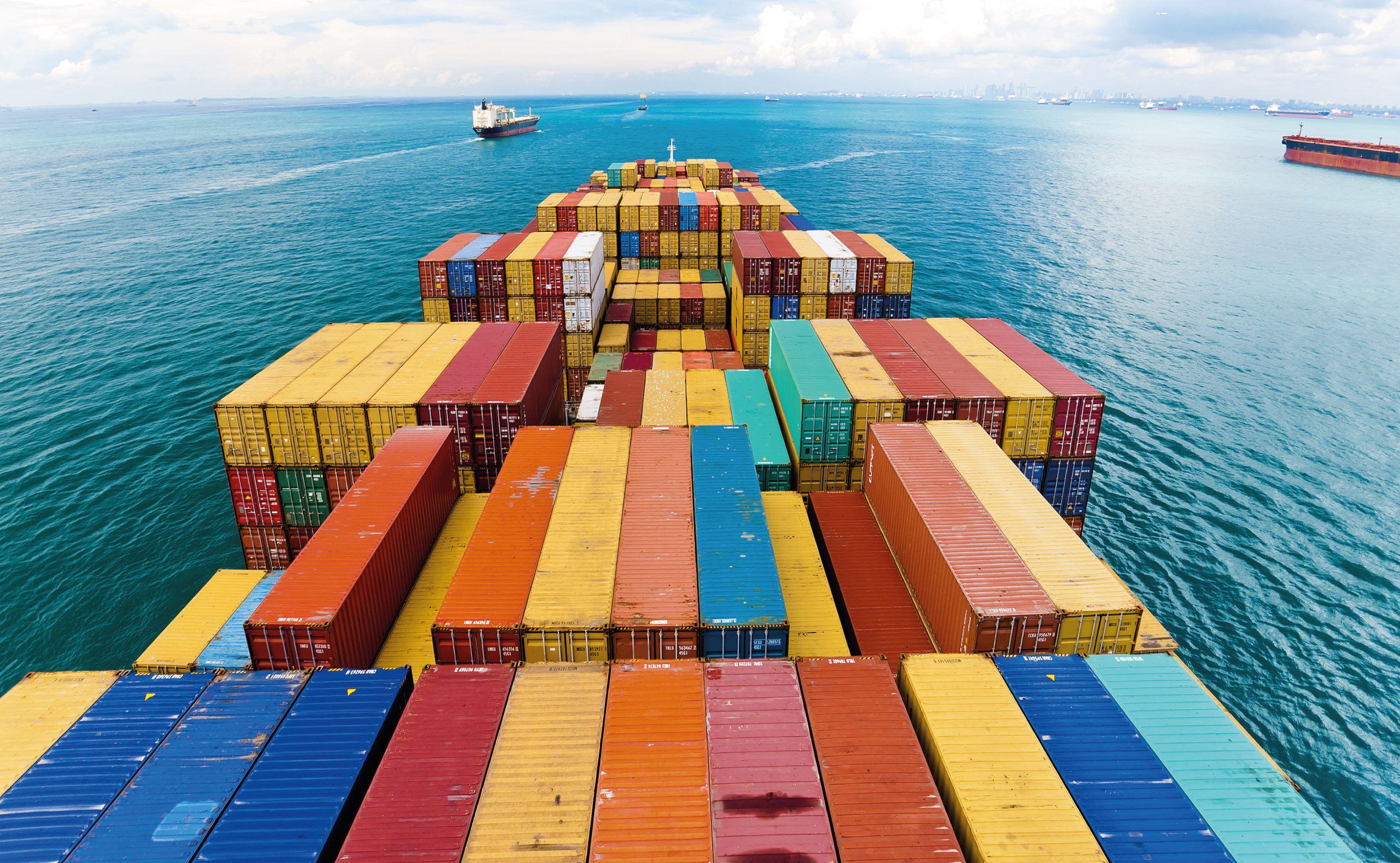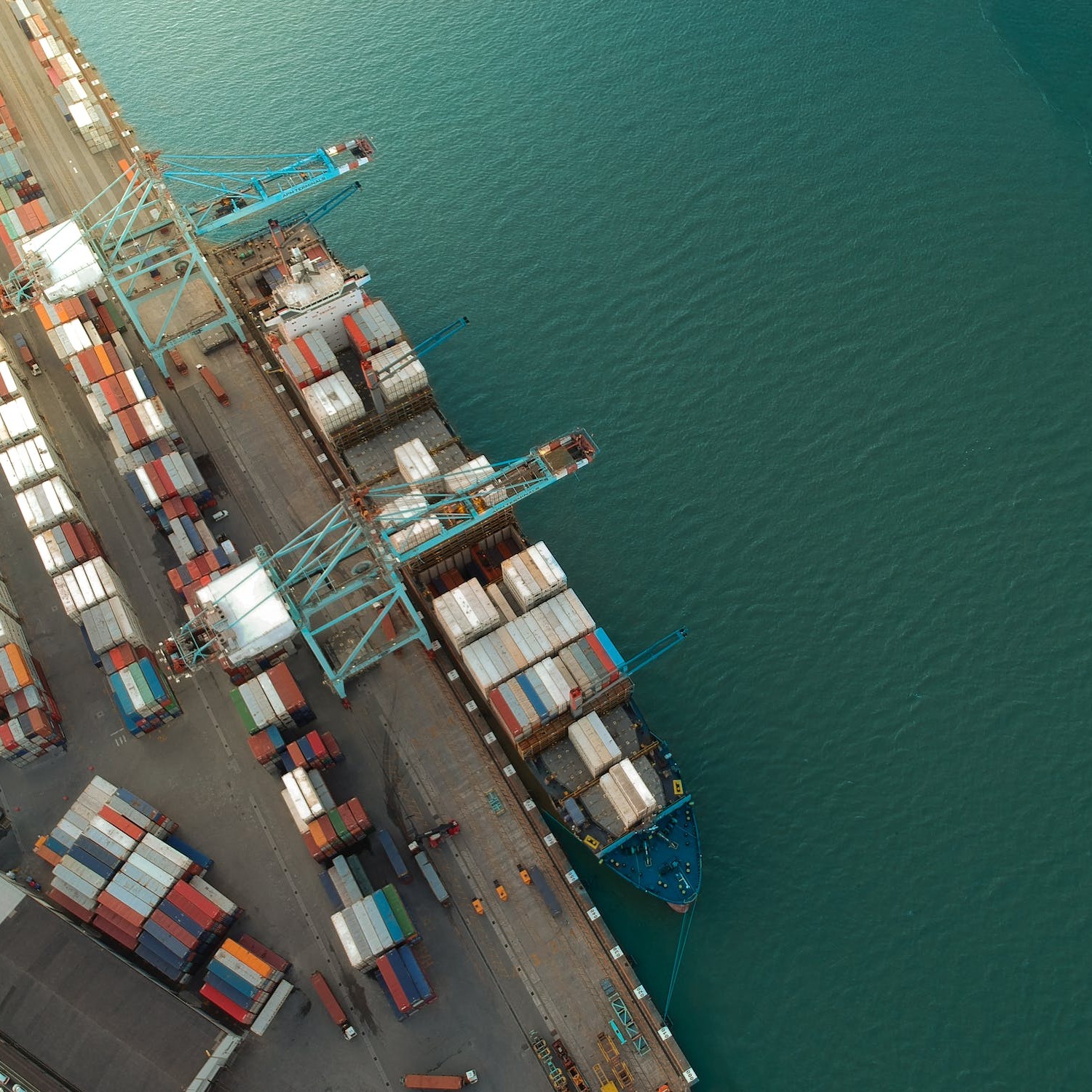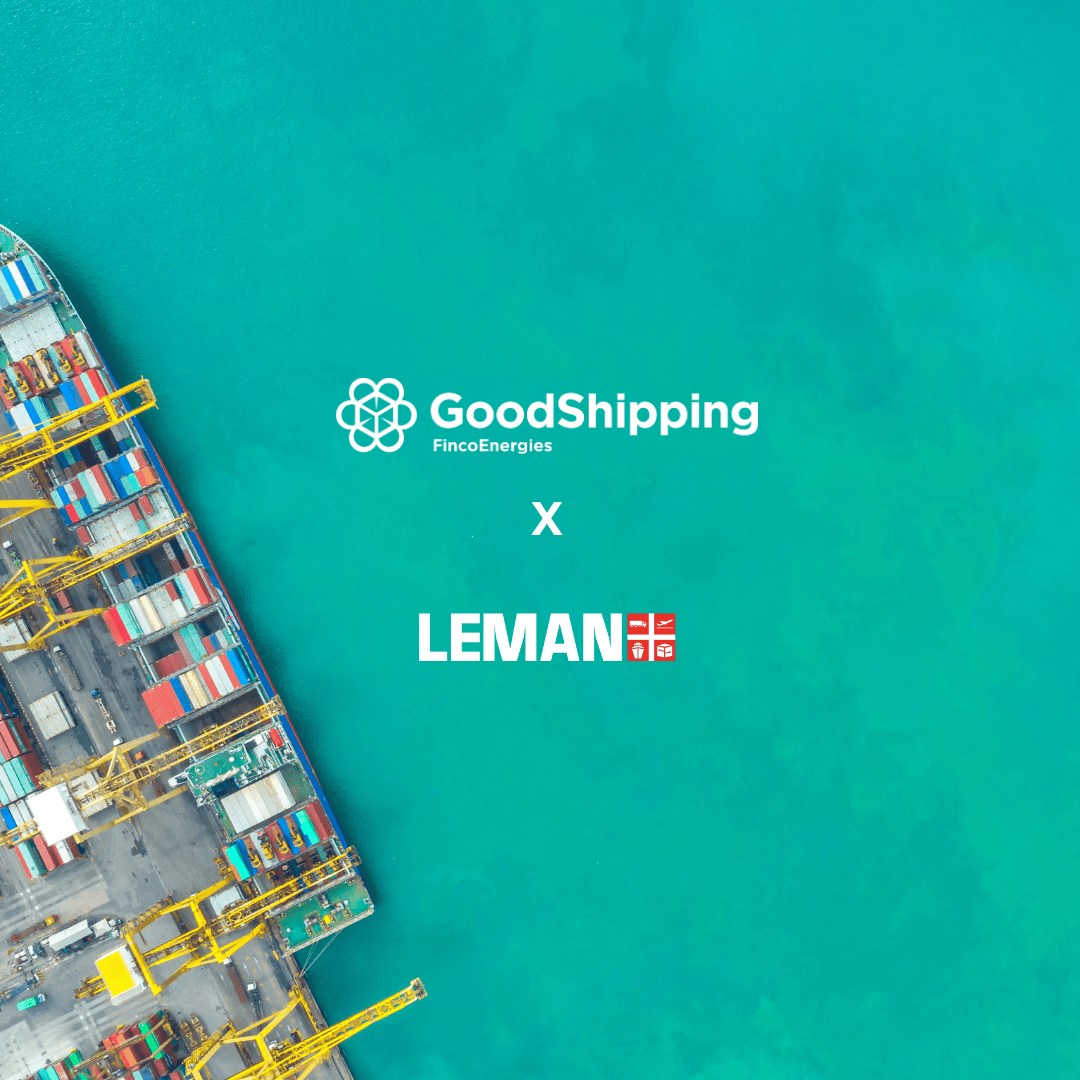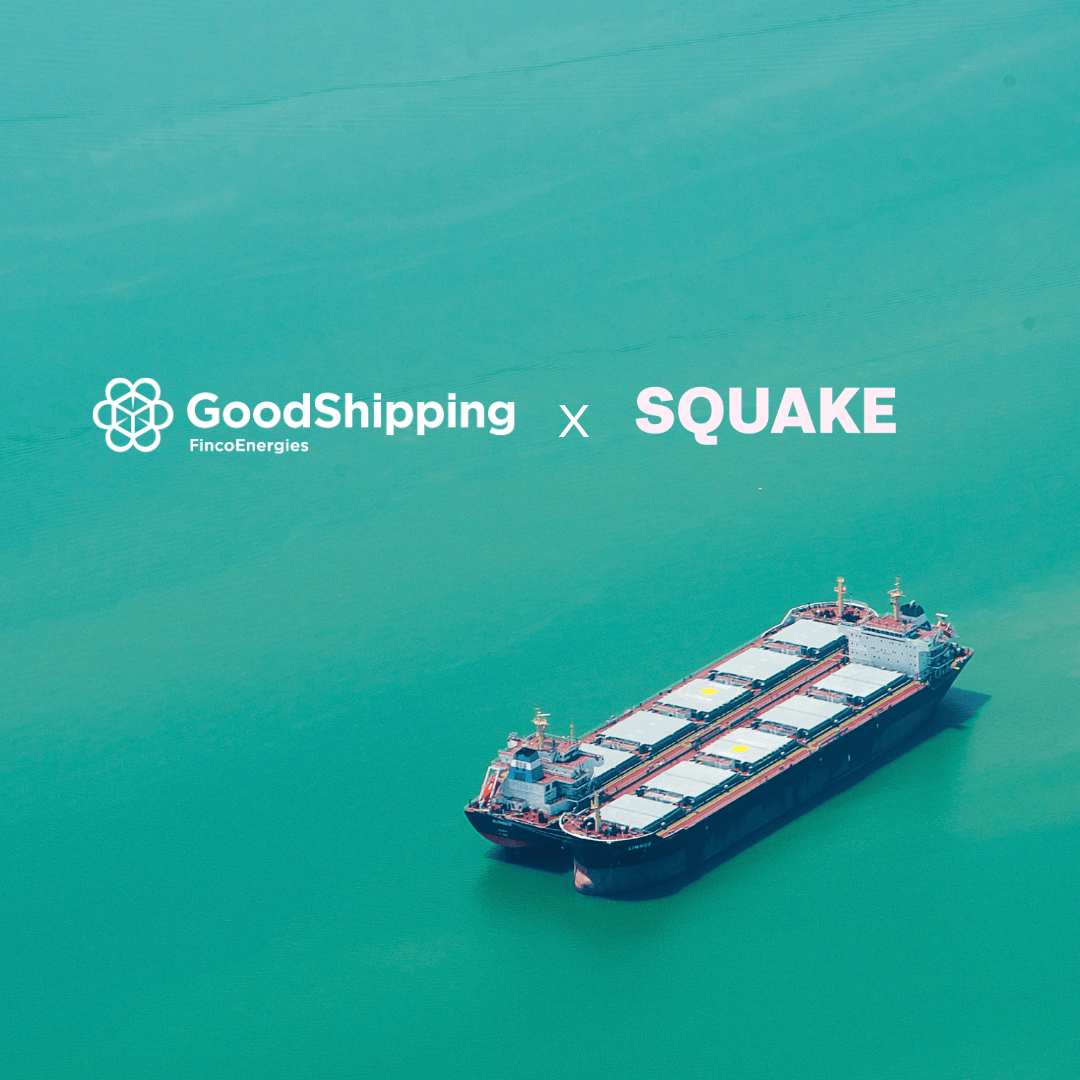DHL and GoodShipping reduce carbon footprint of ocean freights


The GoodShipping Program offers companies a convenient and transparent way to get control over their CO2-footprint from ocean shipping, by replacing heavy fuel by advanced, sustainable marine biofuels.
DHL Global Forwarding, the air and ocean freight specialist of Deutsche Post DHL Group, and the GoodShipping Program, the world’s first initiative to decarbonize the container shipping industry by changing the marine fuel mix, exclusively collaborate in making ocean freight transports more environmentally friendly. With the signed memorandum of understanding DHL Global Forwarding is the first to offer its customers the opportunity to select next-generation marine biofuels rather than fossil fuels for their transports by sea.
Kathrin Brost, Global Head Customer Intelligence & GoGreen, DHL Global Forwarding points out:
DHL’s mission to reach zero emission
Deutsche Post DHL Group has been exploring renewable fuels as an important lever to minimize ocean freights’ impact on the environment. Key criteria are that they are produced sustainably and do not compete for example with food production for land use. Following strict sustainability standards, the waste-based biofuels must meet the requirements to be qualified as the cleanest biofuels currently available on the market. Based on a like to like approach, the current container fleet can bunker and burn advanced marine biofuel without any technical modifications.
Astrid Sonneveld, Program Director at GoodShipping:

The switch to clean-burning biofuels
New service founds on the principle that greenhouse gas reductions are allocated to the customers. Each customer signing up for the service, orders truly green TEU-kilometers instead of just a regular shipment, with or without carbon offsets. The corresponding volumes of advanced biofuel will be used onboard of vessels of selected ocean carrier partners during regular operations. The more shippers use the new service, the higher the share of advanced biofuels for container shipping and the reduction of carbon emissions. The environmental benefits are quantified and protected from double claims and the CO2-benefits are allocated to the customer. Apart from reducing carbon emissions to zero, biofuels are essentially free of sulphur. The switch to clean-burning biofuels allows for very substantial reductions of particulate matter and some improvement of NOx performance.Ocean freight in logistics accounted for approximately 2.2% of all carbon emissions globally
In 2012, shipments transported via ocean freight in logistics accounted for approximately 2.2% of all carbon emissions globally and it is expected that this could increase to 17% of total global emissions by 2050, therefore underscoring the important role that carbon reduction can play within the shipping industry. With this development ahead the new GoodShipping service is a crucial element in paving the way for DHL’s corporate mission to reduce all logistics-related emissions to zero by 2050.
The partnership agreement of DHL Global Forwarding and the GoodShipping Program is exclusive. Early 2018 the new service will be available to DHL’s customers.








